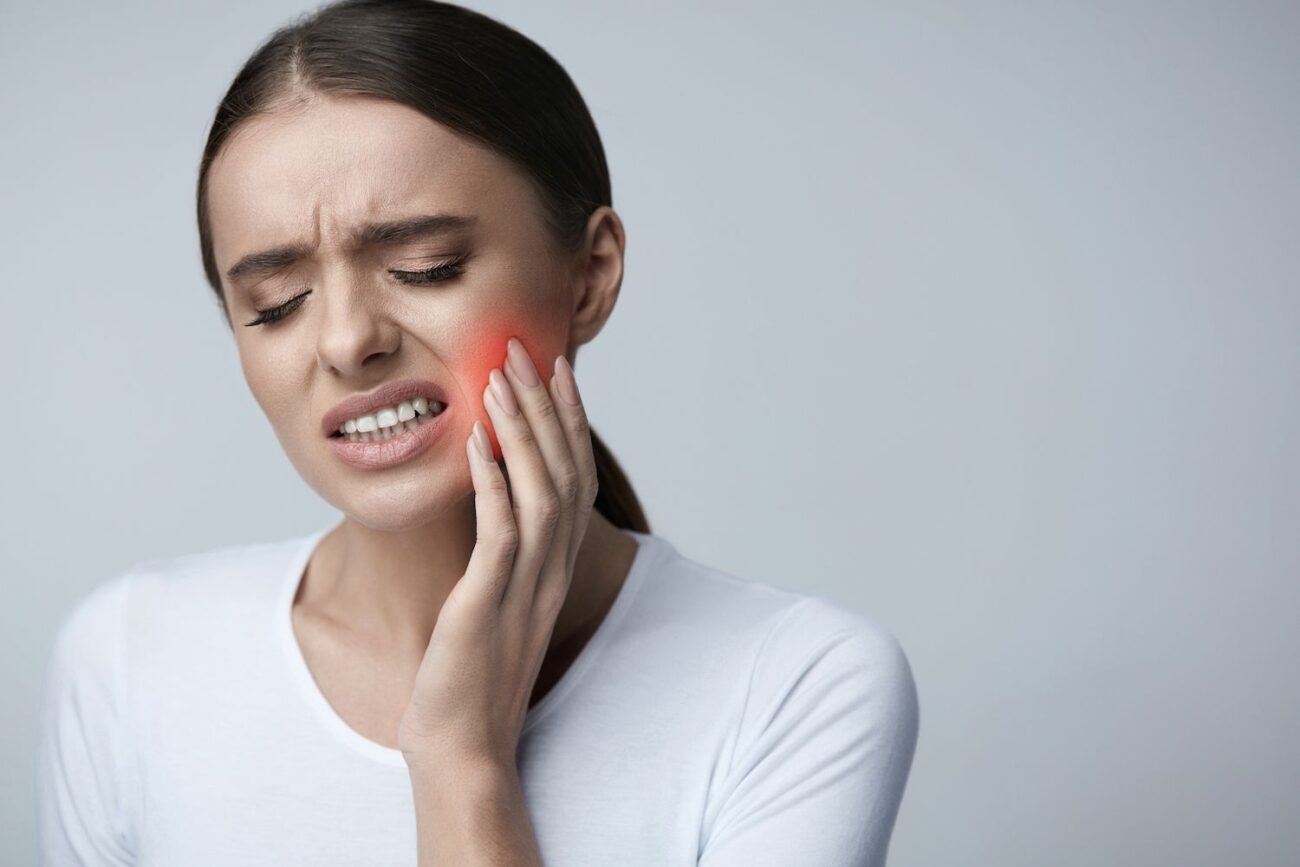TMJ, or temporomandibular joint disorder, is a condition that affects the joint connecting your jaw to your skull. It can cause pain, stiffness, and difficulty opening and closing your mouth. You don’t realize how much your jaw can affect your daily life until it becomes uncomfortable. TMJ can affect more than just your oral health. It can impact your overall and mental health as well.
Without treatment, TMJ can make your life miserable. Over time, your symptoms can become worse. Fortunately, your dentist can suggest several ways to ease your symptoms.

What are the Effects?
TMJ can have various adverse effects on your health and well-being. For instance, it can cause pain and discomfort in your jaw, neck, shoulders, and ears. This pain can range from mild to severe, making eating, speaking, and sleeping difficult.
TMJ can also cause headaches and migraines due to tension in the jaw and neck muscles. Additionally, it can result in stiffness and limited movement in your jaw, leading to a clicking or popping sound when you open and close your mouth. Moreover, TMJ can cause teeth grinding and clenching, which can damage your teeth and enamel.
When you have severe pain in your jaw, it can drastically affect your life. For example, you may find it difficult to eat comfortably. As a result, you might avoid eating when it is possible. Over time, this can greatly impact your mental health and well-being.
Treatment Options
If you are experiencing any of the symptoms of TMJ, don’t fret because many treatment options are available to help alleviate the pain and discomfort. One of the first things you can do is make some lifestyle changes. For instance, you can avoid hard or chewy foods or practice relaxation techniques such as meditation or yoga.
You may want to seek treatment for clenching or grinding your teeth. Additionally, your dentist may suggest pain relievers, muscle relaxants, and anti-anxiety medications to ease your symptoms. Another option is to use heat/ice therapy. This means that you will use heat to relax the muscles in your jaw. Then, you can use ice to reduce the pain and inflammation.
Your dentist may also recommend oral appliances like splints and mouthguards to realign your jaw and reduce teeth grinding and clenching. Physical therapy can also help by strengthening the jaw and neck muscles through exercises, massage therapy, and heat or cold therapy.
In severe cases, surgery may be necessary to correct the problem. This may include arthrocentesis, which involves injecting fluid into the joint to help flush out debris, or arthroscopy, which involves inserting a tiny camera into the joint to help guide the surgery.
